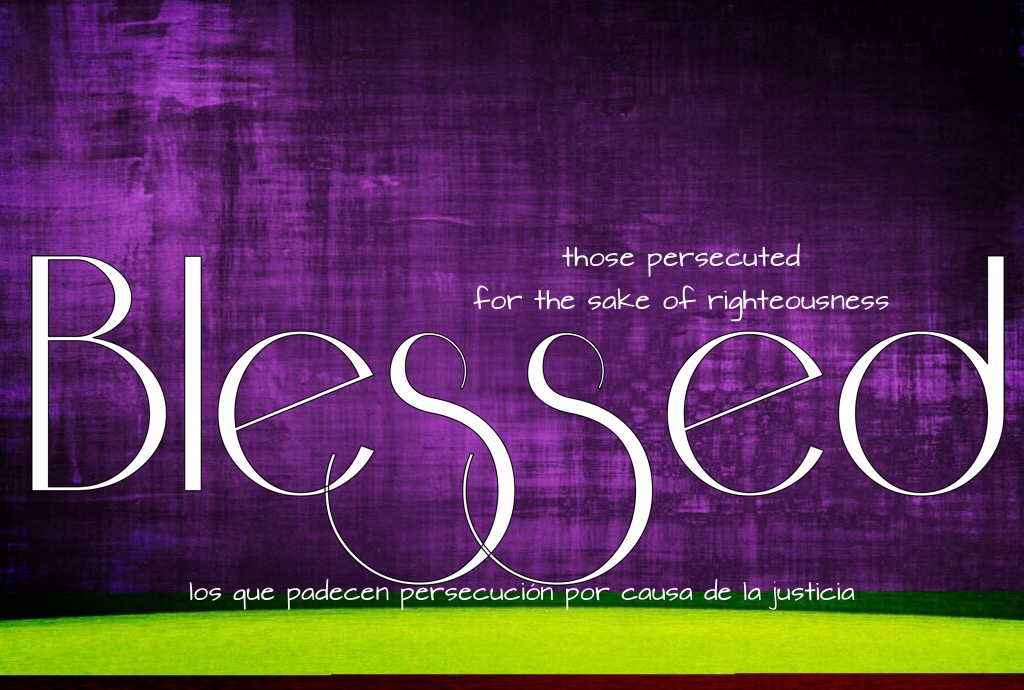For Lent this year, we have asked eight sisters and associates to reflect on the Beatitudes and offer ways in which we may embrace these blessings in our own Lenten journeys. There will be additional reflections published for Ash Wednesday, Palm Sunday, Holy Thursday and Easter.
By Sister Cora Marie Billings
When first asked to reflect on the Beatitudes, I thought it would be easy. Now that I’m down to the wire, it has become a real challenge. The Sermon on the Mount, The Beatitudes or the Sermon on the Plain—all are correct—is a familiar Scripture passage and one that holds suggestions for our journey to the heavenly kingdom.
Having been a teacher in the classroom for more than 19 years, I began my preparation with a dictionary and various editions and versions of the Bible. As I’ve reflected and prayed with “Blessed are they who are persecuted for the sake of righteousness, for theirs is the kingdom of heaven,” I have experienced a two-sided reaction. What is the meaning of righteousness and its impact on me as well as its impact for me?

One understanding of righteousness is a “conformity with God’s will.” I have tried to reconcile this meaning with the systemic racism in education, the church and the Institute of the Sisters of Mercy that I have experienced over the years. With sorrow, I relate that some of these instances have occurred “in the name of God.” Yet you cannot make me believe that Jesus ever dehumanized people, took away their freedom and whipped them. His looks, actions and words were always loving, empowering and focused on the beauty within. If there were any references made to ethnicity, religion or occupation, it was to give an insight into how to enhance its presence and to use it to become better.
As I reflect on the episodes of racism directed at me, how do I foresee the kingdom of heaven? My faith helps me to rely on Jesus and to know that “He has not brought me this far to leave me.” After all, Jesus gave His sermon on a mount and died on a hill. He also chose the times when He was by Himself and those when He had others with Him.
As I mentioned, there is another side to righteousness, and that is its impact for me. In other words, what do I do when I see racist acts being done to others? I need to do my homework and continually be aware of what is happening in my surroundings. Many overt examples of racism still abound; the 1960s didn’t eradicate this sin. I challenge myself and you to recognize not just the overt, but the subtle, daily acts that occur around us and may even be committed by us. I need to continually realize that I am part of the Body of Christ; therefore, what happens to one happens to all. When racism affects systems—such as housing, churches and our Institute—and when it causes harm and death, I must stand up and speak out.
Jesus was persecuted and hung on a cross on a hill. I must look to Him on that hill and ask to be enabled to see life more in His way. Then with faith, reflection and prayer, I will be able to live that vision.